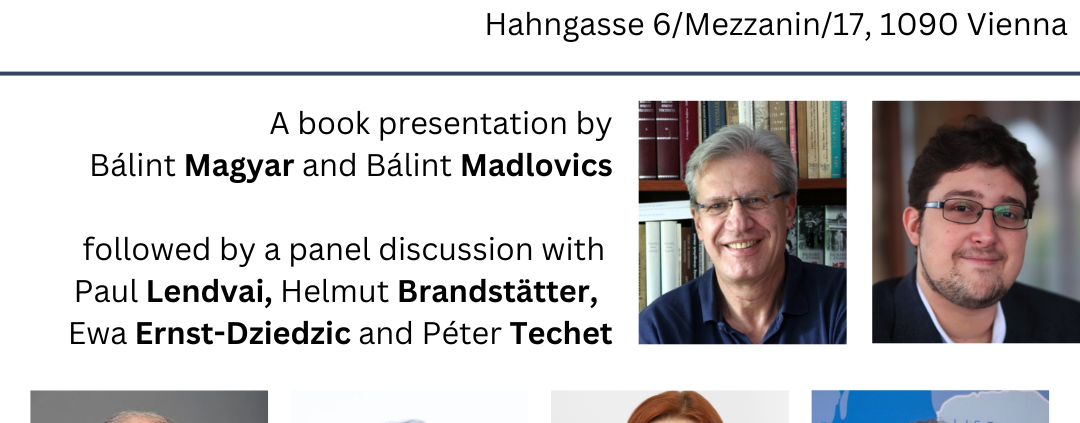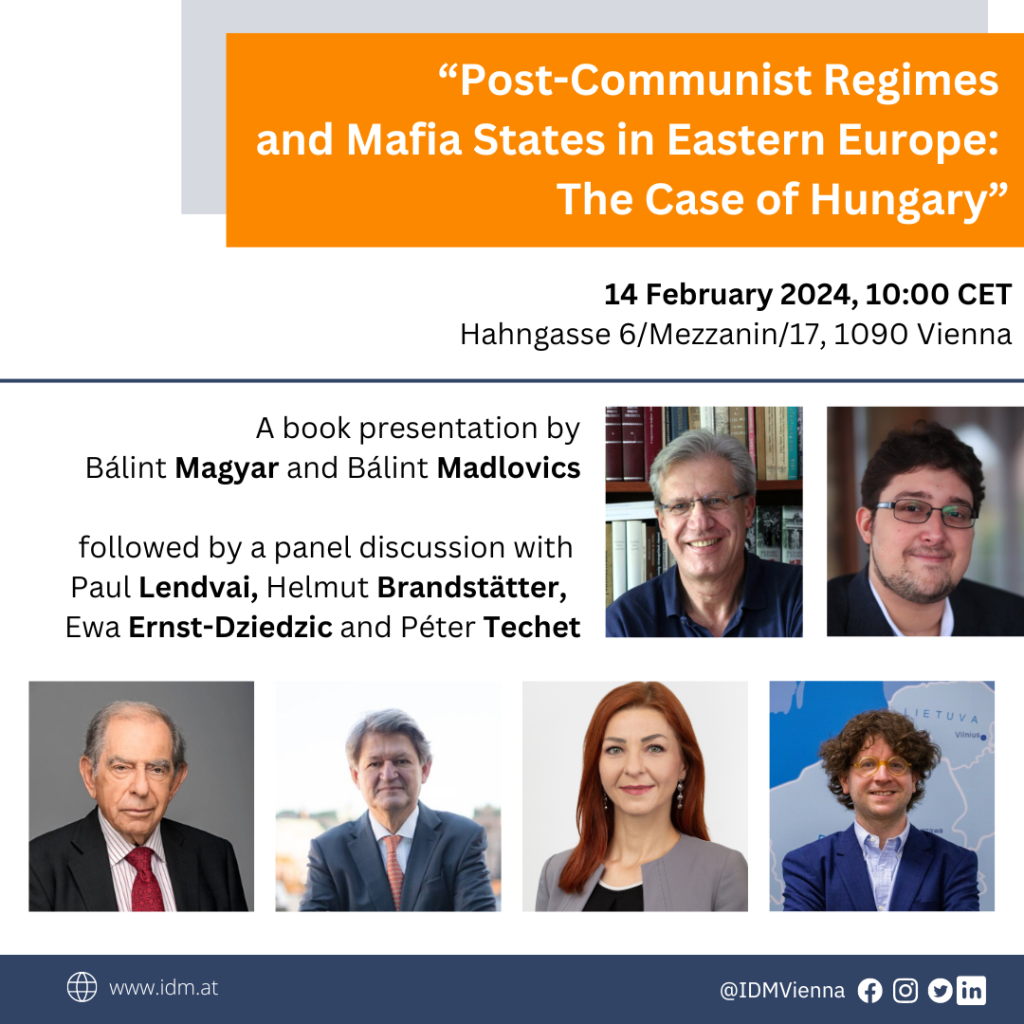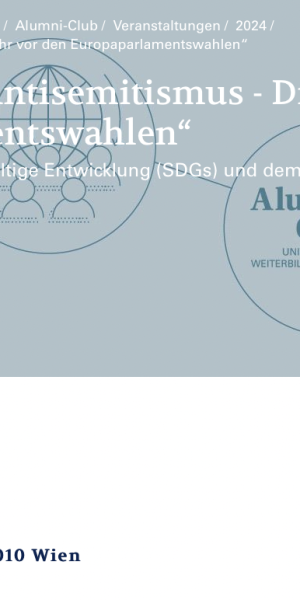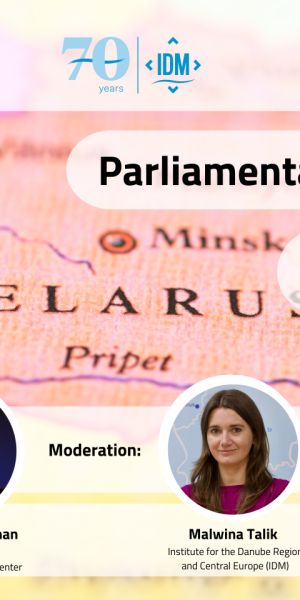Book Presentation & Discussion: “Post-Communist Regimes and Mafia States in Eastern Europe: The Case of Hungary”
Date/Time
February 14, 2024
10:00 - 12:00 CEST/CET
Location: Hahngasse 6/Mezzanin/17, 1090 Wien
How can we characterize the “illiberal democracies” of Central and Eastern Europe? Are they still truly democracies? Can we label these regimes as “dictatorships” when elections take place, opposition parties exist, and some criticism against the government is still possible? Nevertheless, do the formal structures matter if informal power remains uncontrolled and immune to removal?
Hungarian sociologists Bálint Magyar and Bálint Madlovics (CEU Democracy Institute) have authored numerous books and case studies (in English, Russian, Ukrainian, and Hungarian) on post-communist regimes, where informal power structures take control of the state. For a broader audience, they summarized their theoretical concept into 120 theses. This book was also translated into German in 2023 (Bálint Magyar / Bálint Madlovics: Postkommunistische Regime. Akteure, Institutionen und Dynamiken, Springer Verlag, 2023).
The book will be presented on February 14, 2023, at 10 a.m. in the Conference Room of the IDM by Paul Lendvai (Eastern Europe expert, author of many books on the region, columnist, “Der Standard”), alongside the two authors. The subsequent panel discussion will explore how the European Union should and could address post-communist mafia states. Together with the two authors and Professor Lendvai, Helmut Brandstätter (Member of the Austrian National Council, NEOS), Ewa Ernst-Dziedzic (Member of the Austrian National Council, Die Grünen) and Péter Techet (Research Associate at the IDM) will participate in the discussion.
The event will be in English, but questions in German are also welcome.
PROGRAM
Welcome (Péter Techet)
Introduction (Paul Lendvai)
Presentation of the concept of “Post-Communist Mafia State” (Bálint Magyar, Bálint Madlovics)
Discussion: How to deal with Post-Communist Mafia States? (Helmut Brandstätter, Ewa Ernst-Dziedzic, Paul Lendvai, Bálint Madlovics, Bálint Magyar; moderation: Péter Techet)
Q&A
DESCRIPTION
Even though lot of regimes in Eastern Europe aren’t proper liberal democracies, it’s crucial to examine whether the informal structures, such as oligarchies, are completely monopolized (as in Russia and Hungary) or pluralistic-competitive (as in Romania or Ukraine).
Magyar and Madlovics developed a nuanced and multidimensional model to describe the different illiberal regimes in Eastern Europe beyond the one-dimensional axis of “democracy” vs. “dictatorship.” Their analysis also contributes to a better understanding of power dynamics in Viktor Orbán’s Hungary: democratic facades and monopolized informal structures in all areas of life. Such a system functions like a feudal clan, bound not by a specific ideology but by clan loyalty. In contrast to Orbán’s Hungary, Ukraine is an example of an illiberal yet pluralistic democracy: informal structures are not subject to a single center of power.
Post-communist mafia states also pose a challenge for the European Union: Is Hungary, as an illiberal democracy within the EU, an isolated case, or is there a risk that other countries would follow the “Hungarian” model? What options does the EU have to maintain liberal democracy and prevent “state capture” in member states?
Categories




